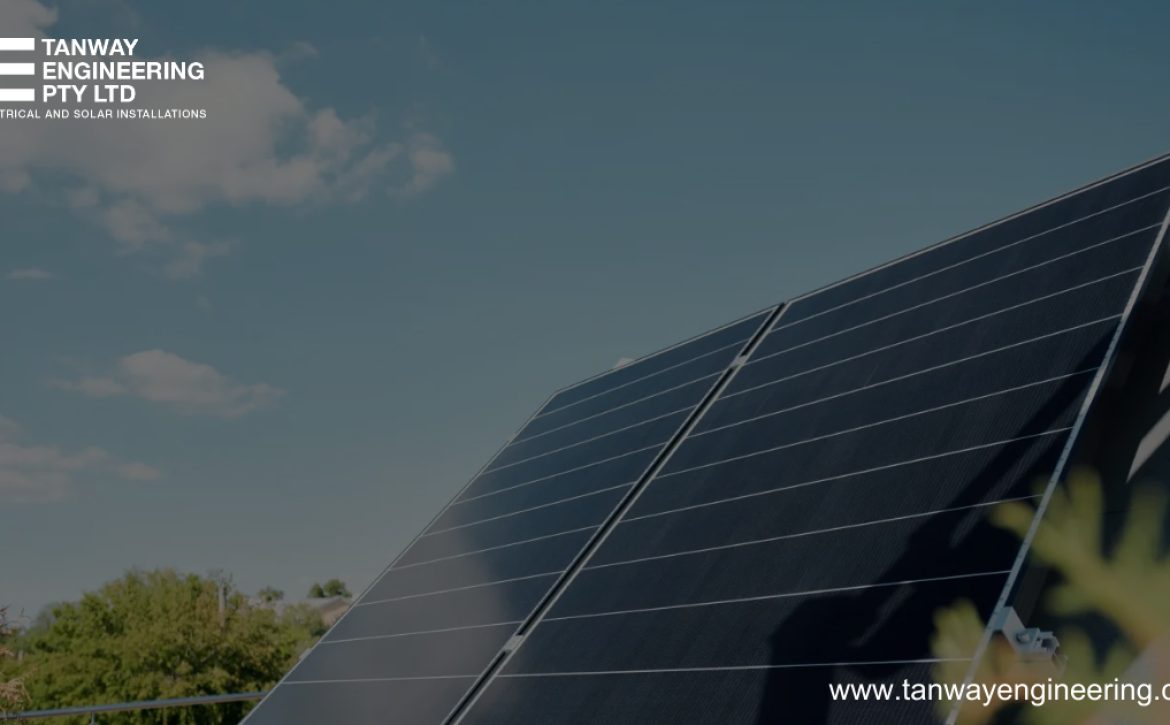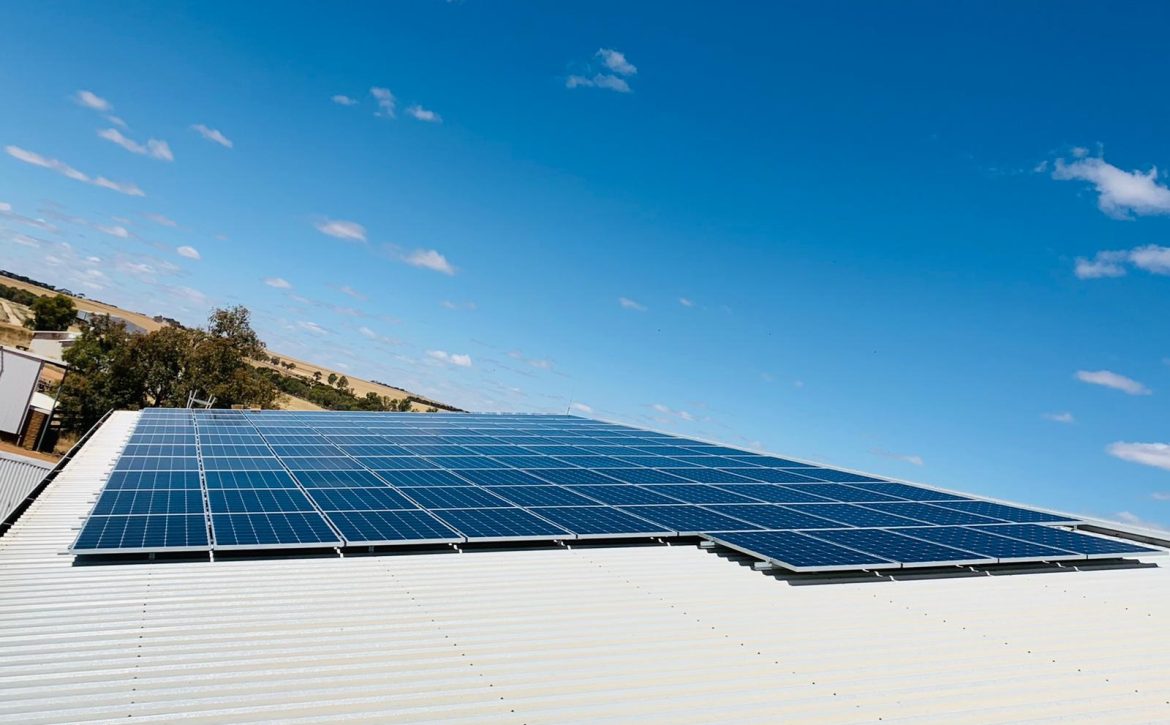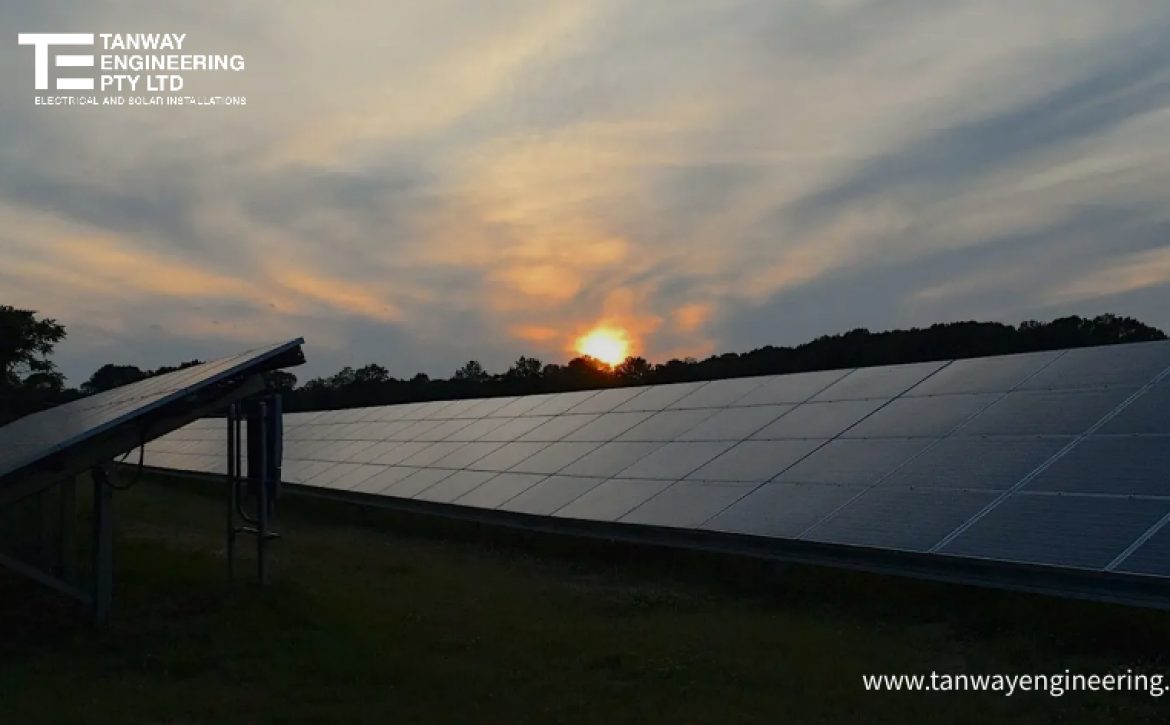Choosing the Right Solar Panel for Your Home: A Guide for Beginners
In an era where environmental consciousness is on the rise, many homeowners are turning to solar energy as a sustainable and cost-effective solution to power their homes. However, with the plethora of solar panels available in the market, choosing the right one for your home can be a daunting task, especially for beginners. This guide aims to simplify the process and provide essential insights to help you make an informed decision.
Understanding Your Energy Needs:
Before diving into the world of solar panels, it’s crucial to understand your energy consumption patterns. Analyze your monthly electricity bills and identify your peak usage times. This information will help you determine the size and capacity of the solar panel system required to meet your household’s energy needs.
Types of Solar Panels:
- Monocrystalline Solar Panels:
- Efficiency: High
- Aesthetics: Sleek and black
- Space Requirement: Compact
- Cost: Relatively higher
- Polycrystalline Solar Panels:
- Efficiency: Moderate
- Aesthetics: Blue and less uniform
- Space Requirement: Larger than monocrystalline
- Cost: Mid-range
- Thin-Film Solar Panels:
- Efficiency: Moderate to low
- Aesthetics: Flexible and lightweight
- Space Requirement: More significant surface area needed
- Cost: Economical
Consider Your Budget:
Solar panel systems can be a substantial upfront investment. Therefore, it’s essential to establish a budget and explore options that align with your financial constraints. While high-efficiency panels may come with a higher price tag, they can also generate more electricity over time, potentially providing better returns on investment.
Warranty and Durability:
Look for solar panels with extended warranties and a track record of durability. A reputable manufacturer should offer warranties ranging from 10 to 25 years, providing you with peace of mind and protection against potential issues.
Solar Inverter Technology:
The inverter is a crucial component that converts solar energy into usable electricity. There are two main types: string inverters and microinverters. String inverters are cost-effective but may be affected by shading issues, while microinverters can optimize individual panel performance but come with a higher initial cost.
Installation and Maintenance:
Consider the ease of installation and maintenance requirements when choosing solar panels. Some panels may require more frequent cleaning, and accessibility for maintenance can impact overall system efficiency.
Local Regulations and Incentives:
Be aware of local regulations and incentives for solar installations in your area. Some regions offer tax credits, rebates, or other incentives to promote the adoption of solar energy. Understanding these factors can significantly impact the overall cost-effectiveness of your solar panel system.
Choosing the right solar panel for your home is a crucial decision that involves considering various factors, including energy needs, budget, efficiency, and local incentives. By conducting thorough research and consulting with reputable solar professionals, you can make an informed choice that not only benefits the environment but also contributes to long-term energy savings for your household. Embrace the power of solar energy and take a step towards a sustainable and eco-friendly future.







